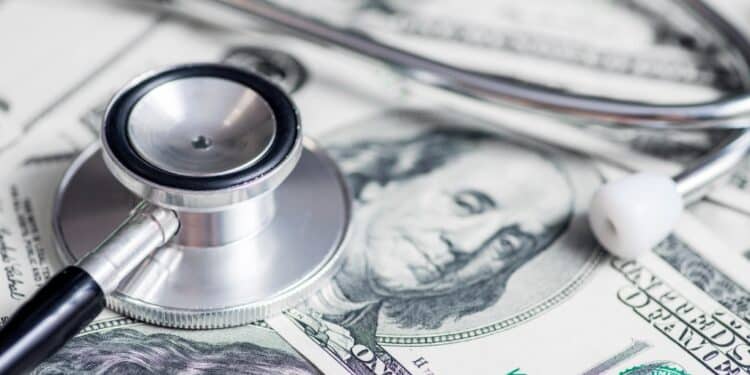Michael Bawduniak worked for Biogen, a Massachusetts-based pharmaceutical company. In April 2012, Bawduniak filed a qui tam lawsuit against Biogen: the lawsuit was amended in 2013 and 2016. Bawduniak alleged that Biogen violated the False Claims Act and the Anti-Kickback Statute. A little over ten years later, on September 26, 2022, the U.S. Department of Justice announced that Biogen will pay $900 million to resolve allegations of False Claims Act violations.
The qui tam provisions of the False Claims Act enable private citizens to file lawsuits on behalf of the government if they know of an individual or company defrauding the government. Qui tam whistleblowers are eligible to receive between 15 and 30% of the government’s recovery, if one occurs.
Bawduniak “alleged that Biogen paid kickbacks to physicians to induce them to prescribe the company’s multiple sclerosis drugs.” His complaints allege that “from Jan. 1, 2009, through March 18, 2014, Biogen held programs through which it offered and paid remuneration, including speaker honoraria, speaker training fees, consulting fees and meals, to health care professionals who spoke at or attended Biogen’s speaker programs, speaker training meetings or consultant programs to induce them to prescribe the drugs Avonex, Tysabri and Tecfidera in violation of the Anti-Kickback Statute.”
According to the Stipulation and Order of Settlement document, this alleged activity “thereby caused false claims for prescriptions for those drugs to be submitted for one year following each alleged AKS violation and paid by Medicare and Medicaid in violation of the FCA and the laws” of eleven states. In July 2015, the U.S. government declined to intervene in the case.
According to the settlement agreement, Bawduniak will receive an award of $250,000,000 from the Federal Settlement Amount that Biogen paid.
Per the Stipulation and Order of Settlement document, Biogen will pay the U.S. government $843,805,187 and pay fifteen states $56,194,813.
Bawduniak’s whistleblowing was praised in the DOJ press release. U.S. Attorney Rachael S. Rollins said, “We thank Mr. Bawduniak for uncovering this behavior and bringing it to light…This matter is an important example of the vital role that whistleblowers and their attorneys can play in protecting our nation’s public healthcare programs.”
Brian M. Boynton, Principal Deputy Assistant Attorney General and head of the DOJ’s Civil Division, said that “Bawduniak doggedly pursued this matter on behalf of the United States for over seven years.” Like Rollins, Boynton highlighted the importance of health care whistleblowers and whistleblower lawyers. “The settlement announced today underscores the critical role that whistleblowers and their attorneys play in utilizing the False Claims Act to combat fraud affecting federal healthcare programs.”
Whistleblowers are critical to uncovering waste, fraud, and abuse in the medical and health care industry: fraudulent schemes can be particularly harmful to patients and erode trust in the medical system. In Fiscal Year 2021, qui tam whistleblowers helped the DOJ recover $1.6 billion in settlements. The DOJ highlighted health care fraud as “the leading source of the department’s False Claims Act settlements and judgments.”
Senator Chuck Grassley (R-IA), who has been consistently championed as the “patron saint” of whistleblowers, proposed amendments to the False Claims Act in 2021 that would strengthen protections for whistleblowers and clarify existing law. The amendment was widely supported by whistleblower organizations and advocates. However, WNN sources discovered that the pharmaceutical lobby intervened with the amendment’s passage. The National Whistleblower Center (NWC) is urging Congress to protect the False Claims Act: learn more here.




